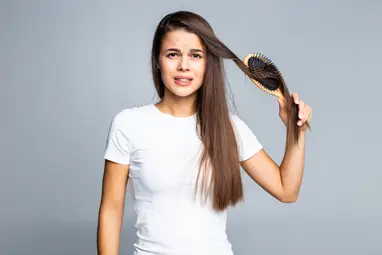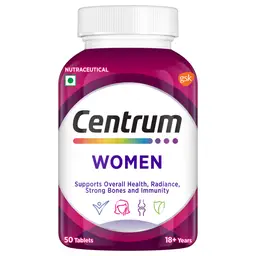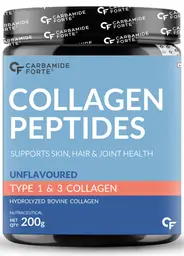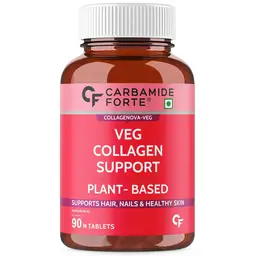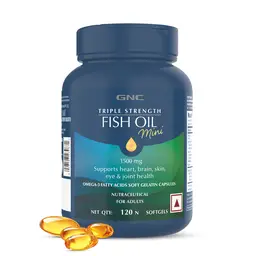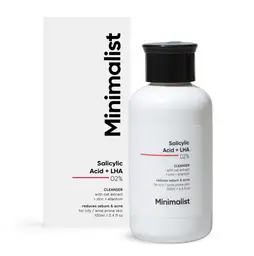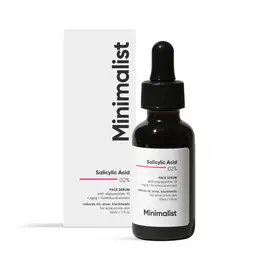The Best Hair Care Products for Different Hair Types and Concerns
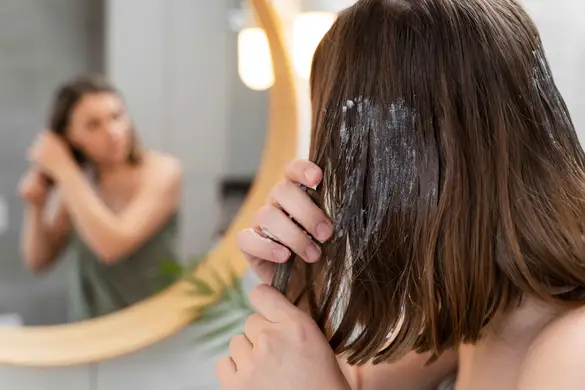
The Best Hair Care Products for Different Hair Types and Concerns
Posted on 3rd Jun, 2023
Having beautiful, healthy hair is a goal for many individuals, but achieving it requires the right hair care products tailored to your specific hair type and concerns.
Understanding your hair type and identifying the factors affecting your hair care routine are crucial steps toward maintaining lustrous and manageable locks.
In this article, we will explore the best hair care products for different hair types and address common concerns to help you achieve your desired hair goals.
How to identify the right hair care product for your hair?
Your hair is as unique as your DNA is, which means no matter how similar your hair looks to another person’s, it isn't similar. Why? because our hair is determined by alleles and genes.
As alleles differ in every country, genes that we inherit for our hair are the mixture of our mother’s and father’s DNA.
So maybe you have hair looking similar to someone, and you need to customize your hair care to fit your hair type and concern.
So, how do you choose the right hair care products?
Well, that relies on two key factors:
- Hair type and
- Hair concern.
Let's know about both these factors one by one.
What is your hair type?
Knowing what type of hair you have is the crucial first step, to determine the best hair care products for your hair.
There are 4 major hair types:
Straight hair:
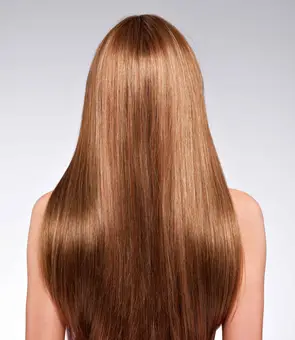
Straight hairs are determined by their sleek, silky, smooth, and shiny nature. These are flat from tip to end and lack natural waves or curls.
Wavy:
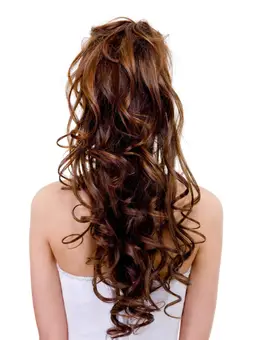
This type of hair forms loose and natural waves, they fall somewhere between straight and curly. Moreover, this kind of hair is thicker than straight hair.
Curly:

Curly hair is determined by a hair well-defined, and upon stretching bounces back like spring and makes spiral-like curls.
Coily:
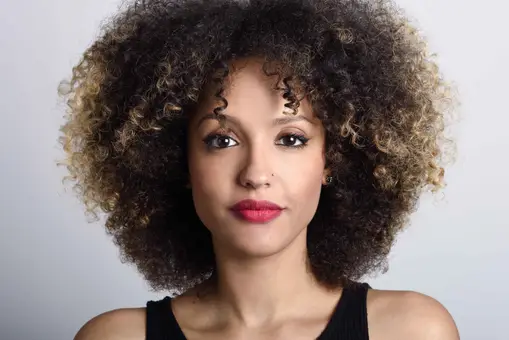
Hair that has tight, springy coils or corkscrew curls are Coily hair type. This type of hair looks dry and rough most often because the scalp oil is not sufficient to nourish the whole strand of the hair.
What are the factors affecting your haircare routine?
Another factor to create an effective hair care routine is to consider the factors that affect your hair's health.
Here are some common concerns and their impact on your hair care regimen:
Oily scalp: Excessive sebum production can lead to greasy roots and flat hair. Look for clarifying shampoos and lightweight conditioners that won't weigh down your hair.
This problem is often seen in straight hair types, so if you struggle with excessive oiliness, look for shampoos and conditioners specifically formulated for oily hair.
These hair care products often contain ingredients like tea tree oil or salicylic acid to help balance the scalp's oil production.
Frizziness: Unmanageable frizz can be caused by humidity, heat damage, or lack of moisture.
And this is a very common concern in wavy or curly hair because they seem to be less lubricated and moisturized.
So if you are facing this trouble go for hair products like anti-frizz serums, leave-in conditioners, and hydrating hair masks to tame frizz and promote a smooth and polished look.
You can also add hair gummies to your diet that contains different vitamins and hyaluronic acid to nourish your hair from within.
Hair loss: Hair loss can result from various factors such as genetics, environmental changes, hormonal imbalances, or nutritional deficiencies.
Choosing hair care products like biotin and collagen can promote hair growth and help with reduced hair loss.
Split ends: Pollution, dirt, UV rays, and unmanaged hairs result in causing split ends.
To prevent and repair split ends, you can use hair care products such as hair masks, leave-in conditioners, or serums with ingredients like argan oil, shea butter, or hydrolyzed proteins.
Additionally, regular trimming of the hair is also essential to maintain healthy hair.
Dandruff: If you experience dandruff or a dry, flaky scalp, this can be due to various reasons like not cleaning properly or using harsh shampoo or hard water for hair wash.
Opting for anti-dandruff shampoos with active ingredients like pyrithione zinc, and ketoconazole, can help minimize dandruff.
Moreover, you can also use natural ingredients such as apple cider vinegar to get rid of dandruff completely and soothe your scalp.
Tips for healthy hair
In addition to using the right hair care products, incorporate these tips into your routine for healthier hair:
Wash your hair with lukewarm or cold water: Wash your hair with lukewarm or cold water to avoid stripping away natural oils and prevent heat damage.
Use conditioner and hair mask often: Use conditioner and hair masks regularly to nourish and hydrate your hair, promoting smoothness and shine.
Add Zinc to your diet: Add zinc-rich foods to your diet or consider taking a zinc supplement. Zinc plays a vital role in hair growth and maintenance.
Avoid too much heat on your hair: Minimize the use of heat styling tools and protect your hair with a heat protectant spray when necessary.
Omega-3 for your hair: Incorporate omega-3 fatty acids into your diet through foods like salmon, walnuts, or flaxseeds. Omega-3 supplements help promote scalp health and add shine to your hair.
Coconut oil for damage repair and hydration: Coconut oil can be used as a natural remedy for damage repair and hydration. Apply it as a pre-shampoo treatment or leave-in conditioner.
Use Ashwagandha and Shatavari for natural hair strengthening: Consider herbal supplements like Ashwagandha and Shatavari, known for their potential to strengthen hair and promote growth.
Cut down the alcohol and excessive stress: Reduce alcohol consumption and manage stress levels, as they can both have a negative impact on your hair's health.
Eat a balanced meal: Maintain a balanced diet rich in vitamins, minerals, and proteins to provide the necessary nutrients for healthy hair growth.
Conclusion
Achieving and maintaining healthy hair involves understanding your hair type and addressing specific concerns. By using the right hair care products and following the provided tips, you can enhance the health, appearance, and overall vitality of your hair.
However, if you have severe hair concerns or persistent issues that require further attention, please get in touch with healthcare experts and a dermatologist.

Health articles from our experts
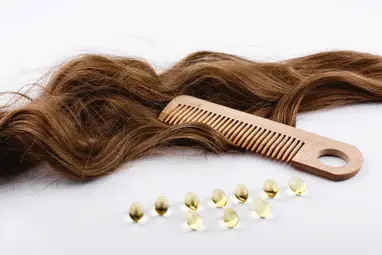
Top Hair Growth Multivitamins in India 2024
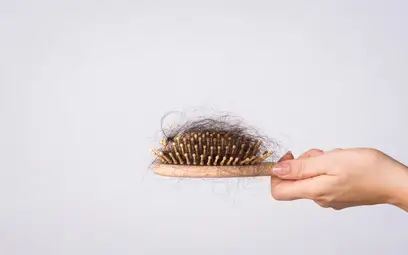
Which Vitamin Deficiency Causes Hair Loss? A Complete Guide
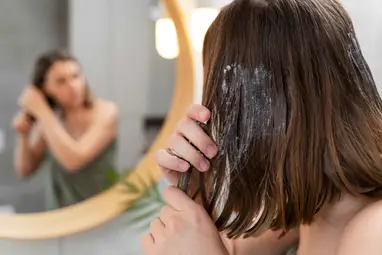
The Best Hair Care Products for Different Hair Types and Concerns
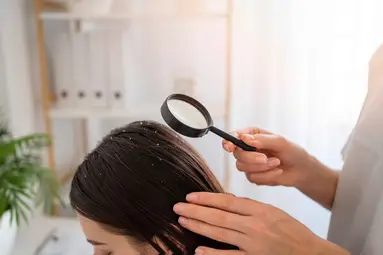
8 Ways To Use Apple Cider Vinegar For Dandruff

6 Surprising Benefits Of Omega 3 For Hair
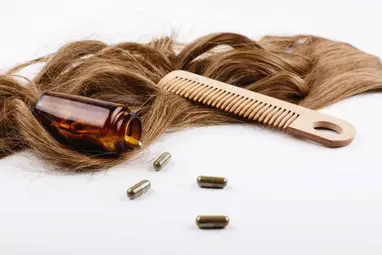
7 Benefits Of Ashwagandha For Hair

Top 9 Zinc Rich Food Sources for Vegetarians

Benefits of Vitamin D for Men

Top 9 Biotin Rich Foods
